In Myanmar, fraud factories in still exist and are blamed for scamming Chinese and American victims out of billions of dollars, are still in business and bigger than ever. As per reports, Satellite images and drone footage show frenetic building work in the heavily guarded compounds around Myawaddy on the Thailand-Myanmar border, which appear to be using Elon Musk’s Starlink satellite internet service on a huge scale. Experts say most of the centres, notorious for their romance scams and “pig-butchering” investment cons, are run by Chinese-led crime syndicates working with Myanmar militias in the lawless badlands of the Golden Triangle.
The borderlands where Myanmar, Thailand, China, and Laos meet – known as the Golden Triangle – has long been a hotbed of opium and amphetamine production, drug-trafficking, smuggling, illegal gambling and money-laundering.Corruption and the power vacuum created by civil war in Myanmar have allowed organised crime groups to dramatically expand their scam operations.
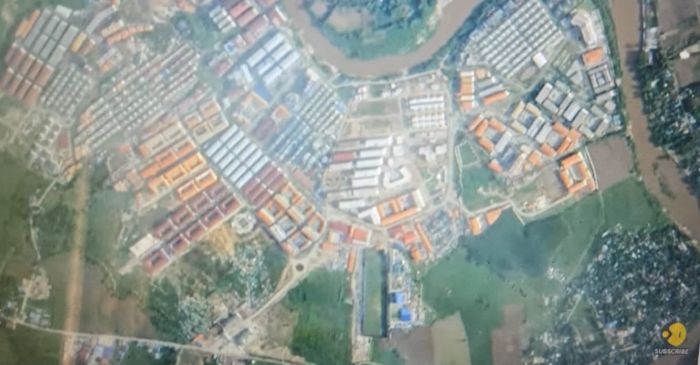
Satellite images show rapid construction work resuming at several compounds only weeks after the crackdown. Flocks of Starlink satellite dishes soon began to cover many scam centre roofs after Thailand cut internet and power connections.Nearly 80 Starlink dishes are visible on one roof alone in an agency photographs of one of the biggest compounds, KK Park. Starlink – which is not licensed in Myanmar – did not have enough traffic to make it on to the list of the country’s internet providers before February.Satellite images show what appear to be office and dormitory blocks shooting up in many of the estimated 27 scam centres in the Myawaddy cluster, strung out along a winding stretch of the Moei River, which forms the frontier with Thailand.A whole new section of KK Park has sprung up in seven months. The security checkpoint at its main entrance has also been hugely expanded, with a new access road and roundabout added.
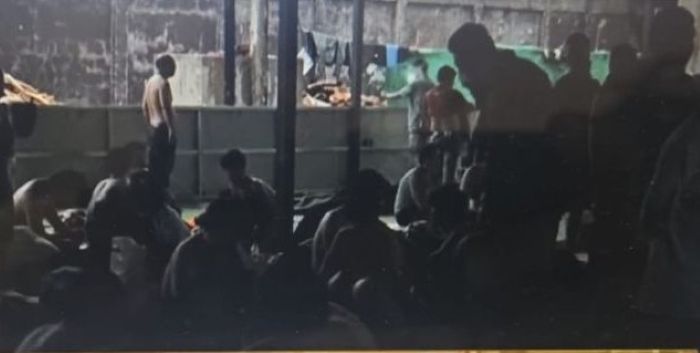
At least five new ferry crossings across the Moei have also appeared to supply the centres from the Thai side, satellite images show. They include one serving Shwe Kokko, which the US Treasury calls a “notorious hub for virtual currency investment scams” under the protection of the Karen National Army, a militia affiliated with Myanmar’s junta.
China, Thailand and Myanmar pressured the militias into vowing to “eradicate” the compounds in February, releasing around 7000 people from a brutal call centre-like system that runs on greed, human-trafficking and violence. Freed workers from Asia, Africa, and elsewhere showed journalists the scars and bruises of beatings they said were inflicted by their bosses.They said they had been forced to work around the clock, trawling for victims for a plethora of phone and internet scams.
A senior Thai police official said after the crackdown began, that up to 100,000 people may still toil in the compounds – often mini cities surrounded by barbed wire fences and armed guards – that have sprung up on the border with Myanmar since the Covid pandemic.
.jpg)
 Newsinc24 Team
Newsinc24 Team 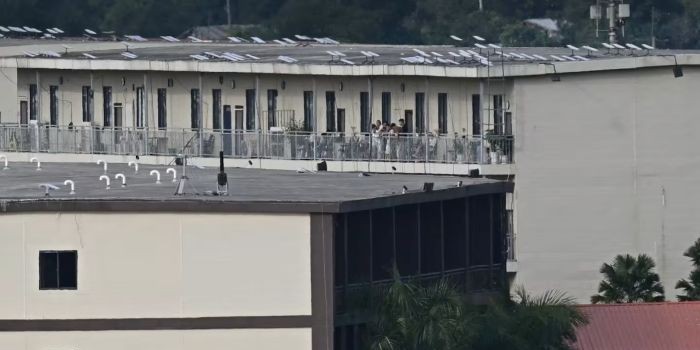
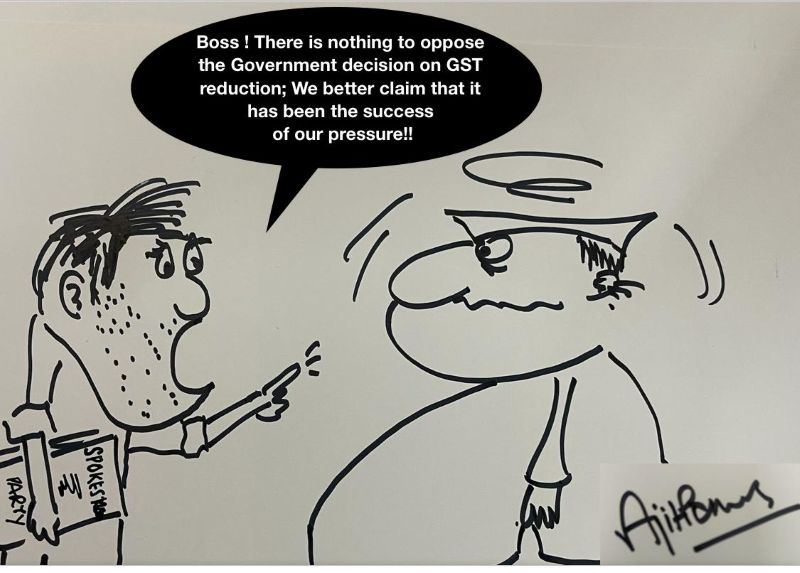
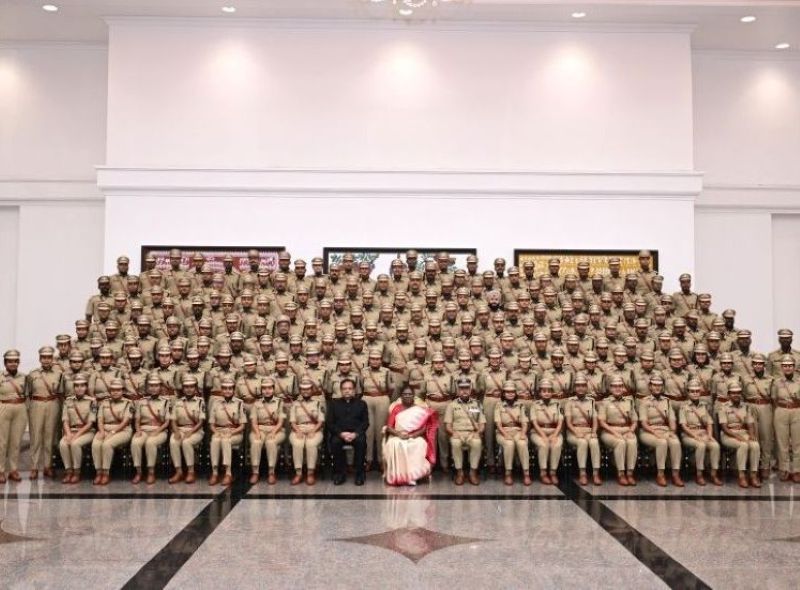
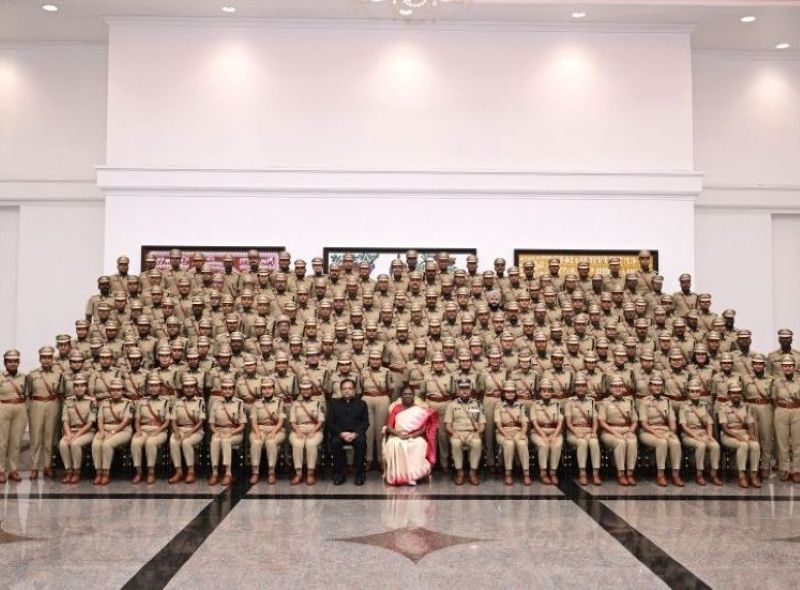
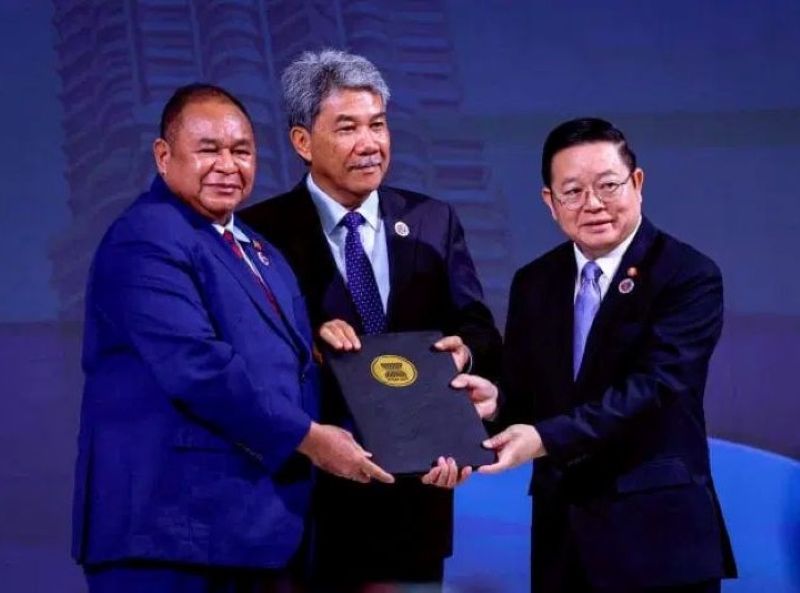

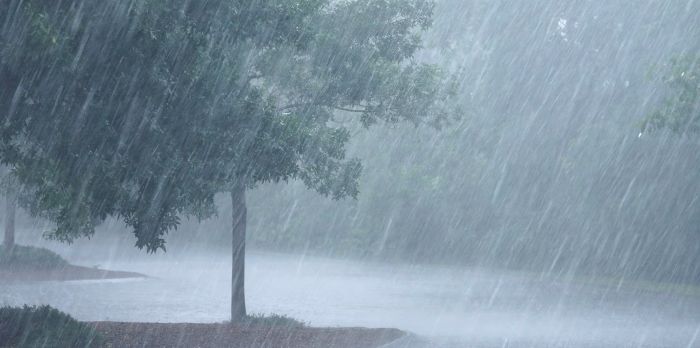






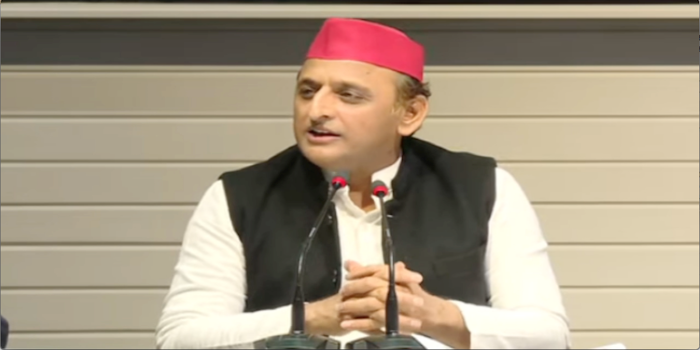


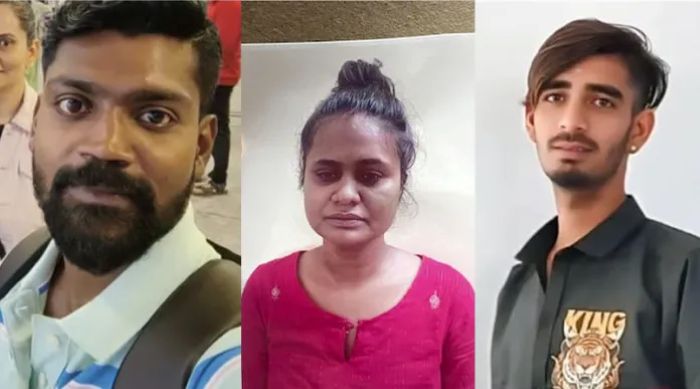

Related Items
US reduces tariffs on China after Trump–Xi talks in Busan
India, China agree to maintain peace, stability along LAC in Ladakh
Sensex, Nifty end higher as US-China deal hopes boost sentiment